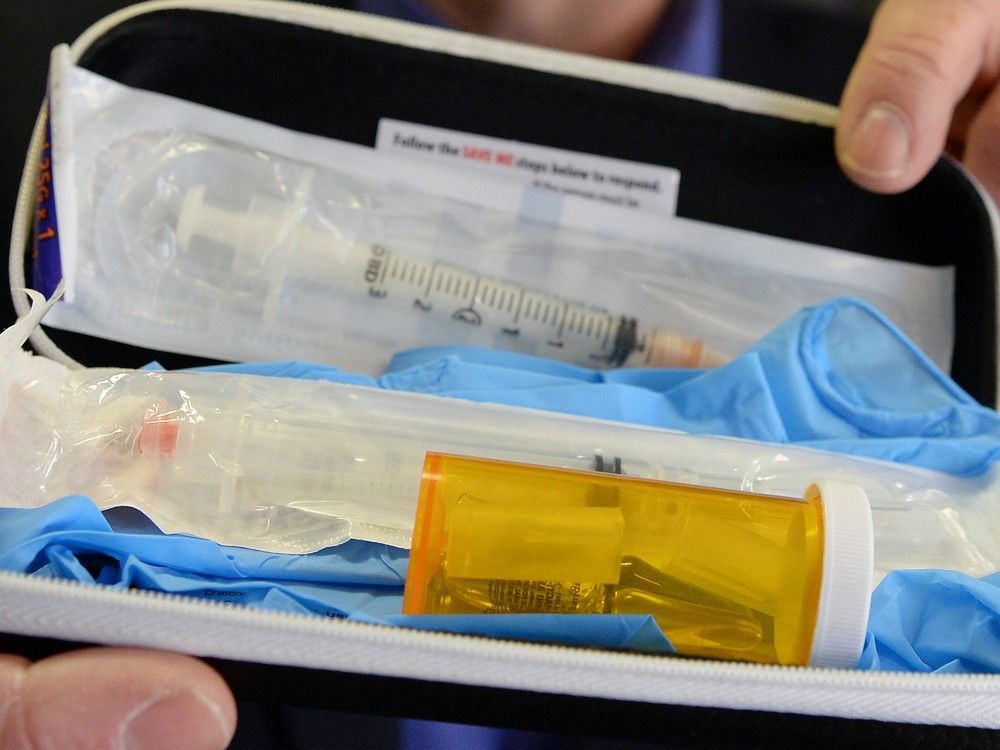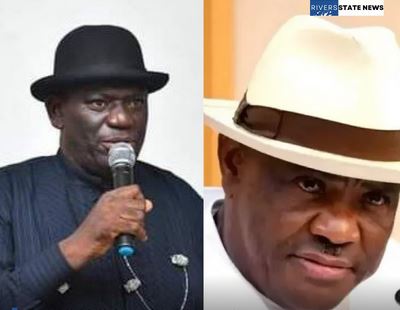
Mr President, Good morning. I bring to your notice a security dialogue in my department, the Department of Political Science, Lagos State University, on Monday, March 20, 2025. It was an occasion for interaction between the town and the gown.
The ivory tower hugged the city in a scholarly exercise that reviewed the security situation in Nigeria from the perspectives of those with boots on the ground, aerial warfare specialists, and masters of the maritime domain. The dialogue revealed a depressing picture of the security situation in the country. Also, it revealed opportunities and home-grown initiatives to cater to the security needs of the country.

The frame of discussion conformed with Ole Waever’s (1995) conceptualisation of “security as an act of discourse and therefore as the result of a process of securitisation, according to which questions initially foreign to the concept of security become such through a process of social construction.” The conversation yielded an insider’s perspective, healthy for operations and policy-making in the country. Our interlocutors included one of the most respected Nigerian infantry generals, Retired Lieutenant Lamidi Adeosun, a well-decorated Officer and the “Star Boy” of the Nigerian army and currently immersed in a doctoral programme in Leadership and Strategic Studies at NDA; Retired Rear Admiral Tunji Beckley, member of 37 Regular Combatant Course of Nigerian Defence Academy who served the Nigerian navy for 38 years; and Retired Air Commodore Taofeek Oladega, member of 37 Regular Course of the Nigerian Defence Academy and with Ph.
D. in Educational Administration and Planning. Major-General W.
B. Etuk, the urbane Commandant of the Nigerian Army College of Logistics and Management, chaired the Occasion while the General Officer Commanding 81 Division of the Nigerian Army, Major-General Farouk Umar Mijinyawa, was represented by Lieutenant-Colonel O. A.
Olubo, Acting Division Officer Director of Education Services, 81 Division. Mr President, their presentations were insightful. With the knowledge they exuded there should be no famine in the land on security matters.
There is no gainsaying that the long-time neglect of the security forces by successive military administrations undermined the strength of the Nigerian armed forces. The spectre of coup haunted military rulers who deliberately underfunded and consequently underequipped the security forces. The last major focus on the defence came from the civilian administration of President Shehu Shagari.
We could recall then that the Inspector-General of Police, Sunday Adewusi so equipped the Nigerian police, especially its mobile unit that they were on top of internal security challenges allowing the military to focus on external aggression. When the Boko Haram insurgency reared its ugly head in 2009 following the summary execution of Mohammed Yusuf by the Nigerian state, the Security forces found themselves outgunned by the insurgents. Without the collaboration with the Multinational Joint Task Force headquartered in N’Djamena, Chad, and the sheer bravery of the Officers and Soldiers of the Nigerian army, the country by now would have been overrun.
You recall the case of Brigadier-General Enitan Ransome-Kuti who made a strategic retreat from Baga instead of wasting his men. The officers drew on Richard Ullman’s (1983) viewpoint who sees “security as the ability of a nation or group to protect its core values, interest and way of life from threats, challenges and risks.” As discernable in the identification of the push factors and recommendations on the security problem in our country, their conception of national security went beyond the traditional concept of national security to a robust interpretation to embraces Barry Buzan’s (1983) trinity, namely, “the people, the States and fear.
” First and foremost, Nigeria’s security problems to wit: insurgency and terrorism, national and transnational (Boko Haram and Islamic State in West African Province), piracy and maritime insecurity, and porous border. Others include cattle rustling, banditry, armed robbery, farmer-herder conflicts, political thuggery, insurgency, suicide bombing/IEDs, Kidnapping, smuggling, car snatching, rape, forced marriage, ethno-religious conflicts, illegal mining, militancy, pipeline vandalism/oil theft, human trafficking, cultism, political killing, restructuring agitation, land conflict, ritual killings, sea robberies, smuggling, and separatist impulses. These vices are distributed across the six geopolitical zones.
Widespread poverty, unemployment, struggle for scarce resources among the peoples of Nigeria, alienation, and corruption were identified as some of the push factors that have engendered depression and frustrations among Nigerians. The consequence has been the security challenges all over the country with a domino effect on the economy: a reduction in foreign investment and tanking in government revenue, food insecurity and total breakdown in social production. To overcome these diverse problems, capacity building and modernisation of the nation’s armed forces through adequate funding and transparent procurement are imperative.
In the last century, military experts concentrated on what they called the battle of the future, a large investment in air power. Although the Nigerian Air Force has invested in Research and Development (R&D) domiciled at the Air Force Institute of Technology (AFIT) Kaduna and the Armed Force Research and Development Centre (AFRDC) Kaduna and has platforms that include F-7NI Fighter Jet, a multi-role fighter, Super Mushsahk Aircraft, an Alpha Jet, Augusta 109 LUH Helicopter, and MI-35M Helicopter Gunship, it requires adequate funding to acquire new and state of the art platforms in aerial combat. Without the Air Force, the battle against bandits and insurgents would have remained a mirage.
The Nigerian Navy also needs more platforms. As Alfred Thayer Mahan (cited by Beckley), Naval Officer and Historian, has noted, “It is the ability of littoral states to exert their maritime power that can guarantee the socio-economic development for the well-being of their people”. Indeed, Nigeria has inland waterways comprising creeks and rivers of about 10,000 km, and only about 3,800 km are navigable all year-round.
The maritime domain holds an estimated 36 billion barrels of oil and 182 trillion cubic feet of gas reserves. Oil and gas assets are valued at $40 billion and are projected to increase to about $120 billion. Transportation revenue potential is about $1.
2 billion yearly. Nigerian Navy with a deficiency in houseboats to police its river entrances and estuaries, needs capacity building in what Rear Admiral Beckley has called the “trinity of action”, namely, surveillance capability, response capability, and law enforcement capability. However, there was a consensus around three points.
One is, an emphasis on human security that stresses the human being as the security referent instead of hardware security concerns. In this respect, employment opportunities are important, and investment in education to defeat ignorance and poverty. Two, Nigeria should invest in indigenous arms production firms such as the Nigerian Defence Industry and the dynamic Ode-Remo-based Proforce and Innoson Vehicle Manufacturing.
Three, the police force needs a total overhaul that would include community policing, training, and re-orientation to deal with internal security matters in ways that free the military for the more rigorous defence of the territorial integrity of the country. Over to you, Mr President. Akhaine is a Professor of Political Science at the Lagos State University.
.















